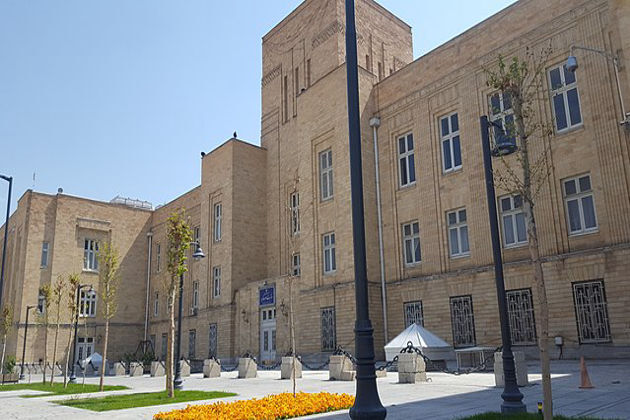Move FM Global News

UN official’s trip aims to ease strained relations, says Tehran
Aug 13, 2025TEHRAN, Iran: The deputy head of the United Nations’ nuclear watchdog arrived in Iran on August 11 in an effort to mend deteriorating relations, Iranian Foreign Minister Abbas Araghchi said. No inspections of Iran’s nuclear facilities were conducted, according to Araghchi.
It was the first such high-level contact since Israel and Iran’s 12-day war in June, during which some of Iran’s key nuclear sites were hit. In the aftermath of the conflict, Iranian President Masoud Pezeshkian on July 3 ordered the suspension of cooperation with the International Atomic Energy Agency (IAEA) after American and Israeli airstrikes damaged its most important nuclear facilities.
The suspension further restricts the IAEA’s ability to monitor Tehran’s nuclear program, which has been enriching uranium to near weapons-grade levels. “As long as we haven’t reached a new framework for cooperation, there will be no cooperation,” Araghchi said, adding that any future arrangement would be based on legislation passed by Iran’s Parliament.
State media reported last week that Araghchi, speaking on a television program, emphasized that cooperation with the IAEA could only be restored with the approval of Iran’s Supreme National Security Council, the country’s highest security authority.
Iran has previously limited IAEA inspections as a pressure tactic during negotiations with Western powers. It remains unclear when — or if — talks between Tehran and Washington on a nuclear deal will resume.
Both U.S. intelligence agencies and the IAEA have assessed that Iran has not had an organized nuclear weapons program since 2003. However, Tehran has continued enriching uranium to 60 percent, just a short technical step from the 90 percent purity required for weapons-grade material.
The June conflict brought the standoff to a new level. As Israel waged an air war against Iran, the United States conducted strikes on three major Iranian nuclear sites. According to Iranian officials, nearly 1,100 people were killed in the attacks, including numerous military commanders and nuclear scientists. Israel reported 28 fatalities from Iranian strikes during the same period.
While the IAEA visit signals a potential opening for renewed dialogue, Araghchi’s remarks suggest that Tehran will not return to full cooperation without significant political concessions — and under terms set by its own national security leadership.


